A woman and a child light a candle next to a nativity scene decorated to honor the victims in Gaza and asking for peace, displayed in Manger Square, adjacent to the Church of the Nativity, in the West Bank town of Bethlehem, Friday. [Leo Correa/AP Photo]
A voice cries out:
“In the wilderness prepare the way of the Lord,
make straight in the desert a highway for our God.
Every valley shall be lifted up,
and every mountain and hill be made low;
the uneven ground shall become level,
and the rough places a plain.
Then the glory of the Lord shall be revealed,
and all people shall see it together,
for the mouth of the Lord has spoken.”
(Isaiah 40: 1-5)
Advent is the liturgical season in which the church prepares for the coming of the Messiah. It is a time for eager anticipation as we look forward to the birth of Jesus. Christmas is when we receive the Messiah, who brings hope and faith into the agonies of our lives. Let us embody the spirit of Advent and be filled with hope in a world often overshadowed by despair and terror.
However, how can we simply wait when Palestine—the birthplace of Jesus—is still occupied? What does it mean when innocent children in Palestine face genocide every day? What do we await in light of the support that dominant Christian nations give to Israel, allowing it to violate the rights of those who rightfully own their land?
What does our celebration of Advent signify when Indian farmers continue to struggle against corporate-friendly laws that threaten their ability to produce and make a living? What does it mean when the people of Manipur demand their right to land and the ability to live peacefully? When violence against women and marginalized communities is rampant, whose coming are we truly waiting for?
When the church—a community that claims to represent the Messiah—openly or covertly supports right-wing political forces in a democracy, what are we really expecting? If we anticipate the Messiah who chooses to be born in a manger on the outskirts of the city, keeping the weak and vulnerable as the central figures of this event, what messages do the communities of the Messiah convey to society today?
Advent calls us to remain vigilant as we await the coming of the Messiah, who is preparing to enter a world of dominance and exclusion. The Messiah signifies an unwavering sense of hope and faith—our last hope for those facing genocide and death. Let us embody this crucial hope and faith during the Advent season and strive to become a community committed to the coming of a more just and compassionate society.
In the insightful observations of Giorgio Agamben, the season of Advent emerges as a profoundly significant eschatological period for the church. It serves as a crucial moment for the church to reclaim its essential identity as a tangible embodiment of messianic hope, actively witnessing the future promise that awaits our world. Agamben articulates this idea succinctly when he states that living in this apocalyptic time, experiencing this time of coming hope, is thus not something that the church can choose, or choose not, to do. It is only at this time that there is a church at all (The Coming Community). Let us embody our role as the church—the vibrant community anticipating the arrival of the coming Messiah/ Community/ Democracy even in this crucial time of terror and genocide!
CISRS, Bangalore
06.12.2024
Become a member
Get the latest news right in your inbox. We never spam!

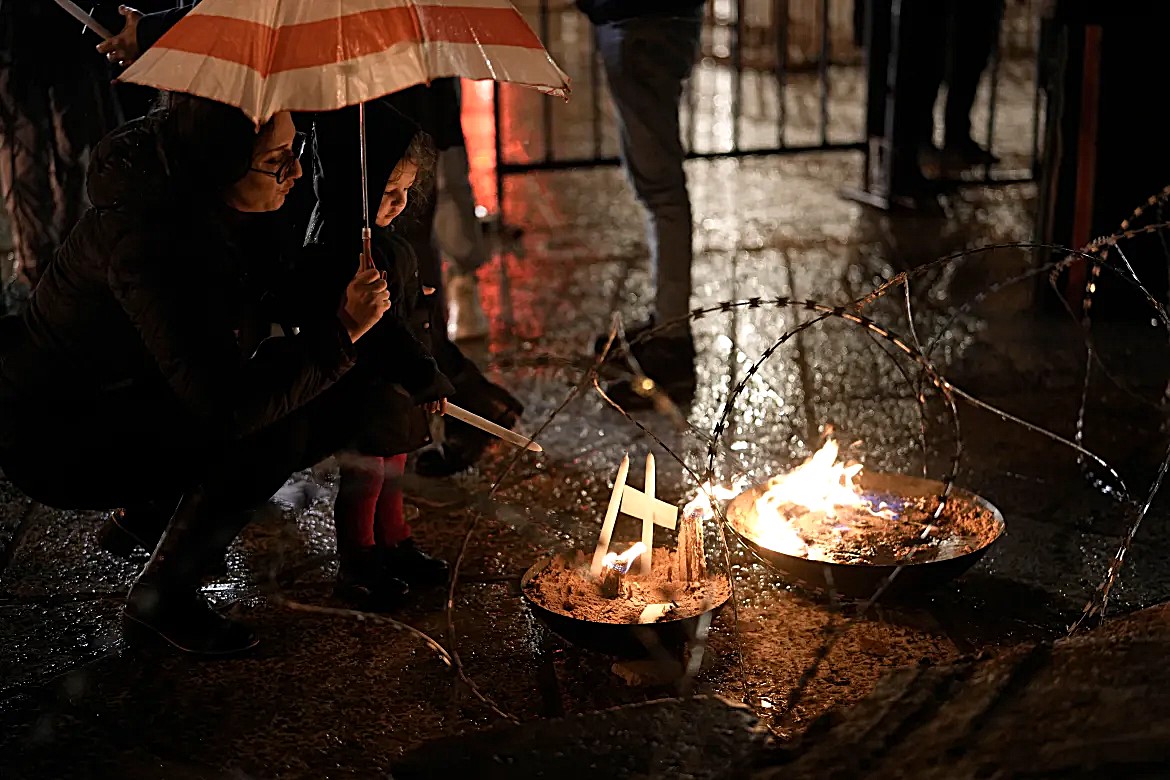
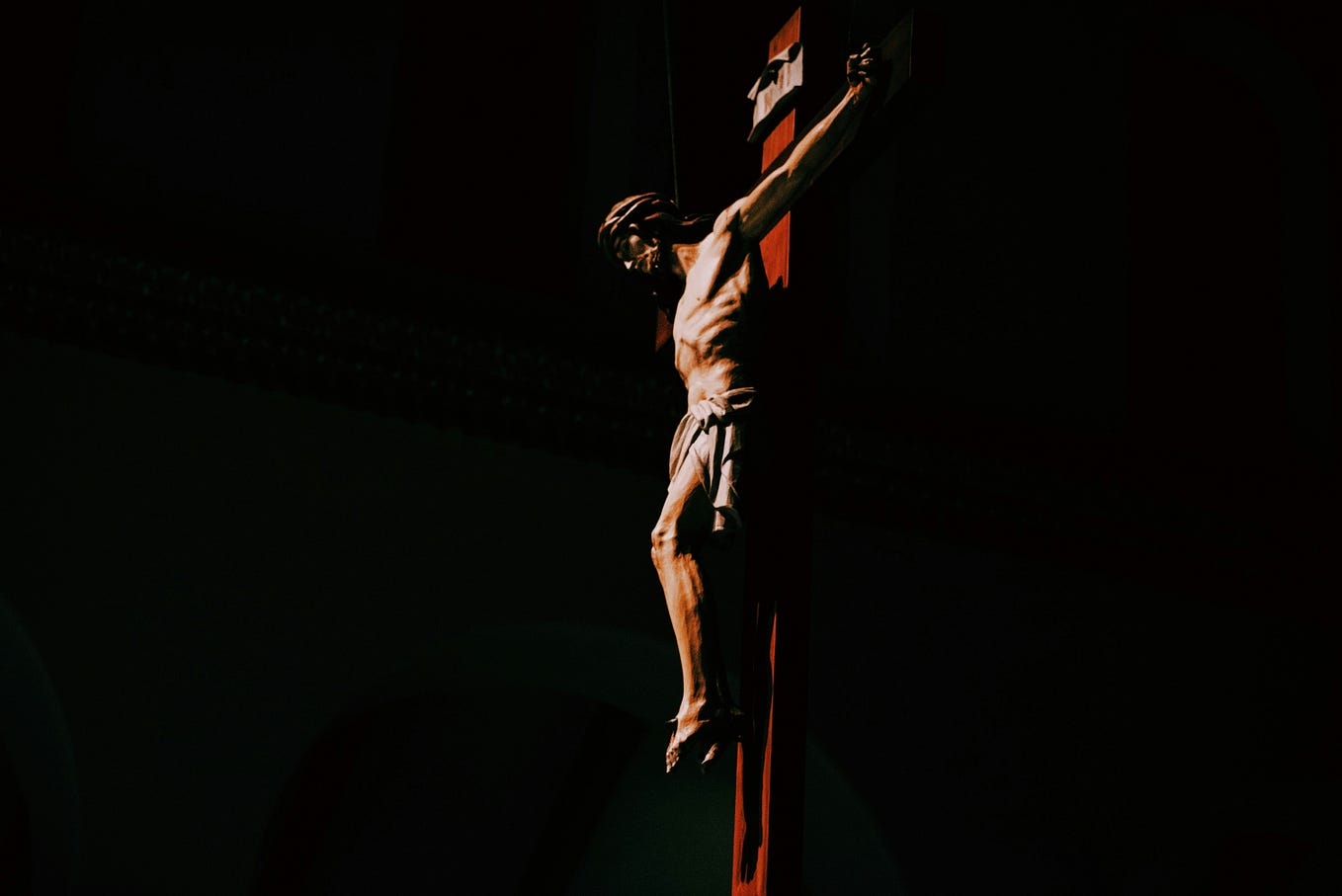
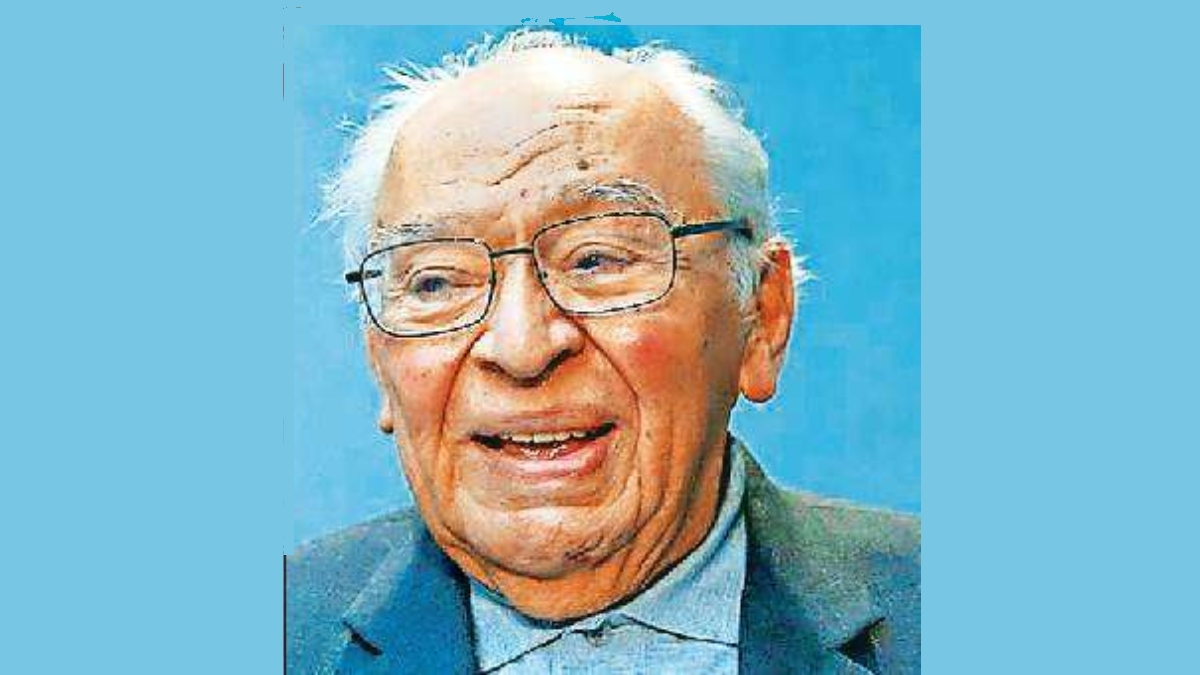
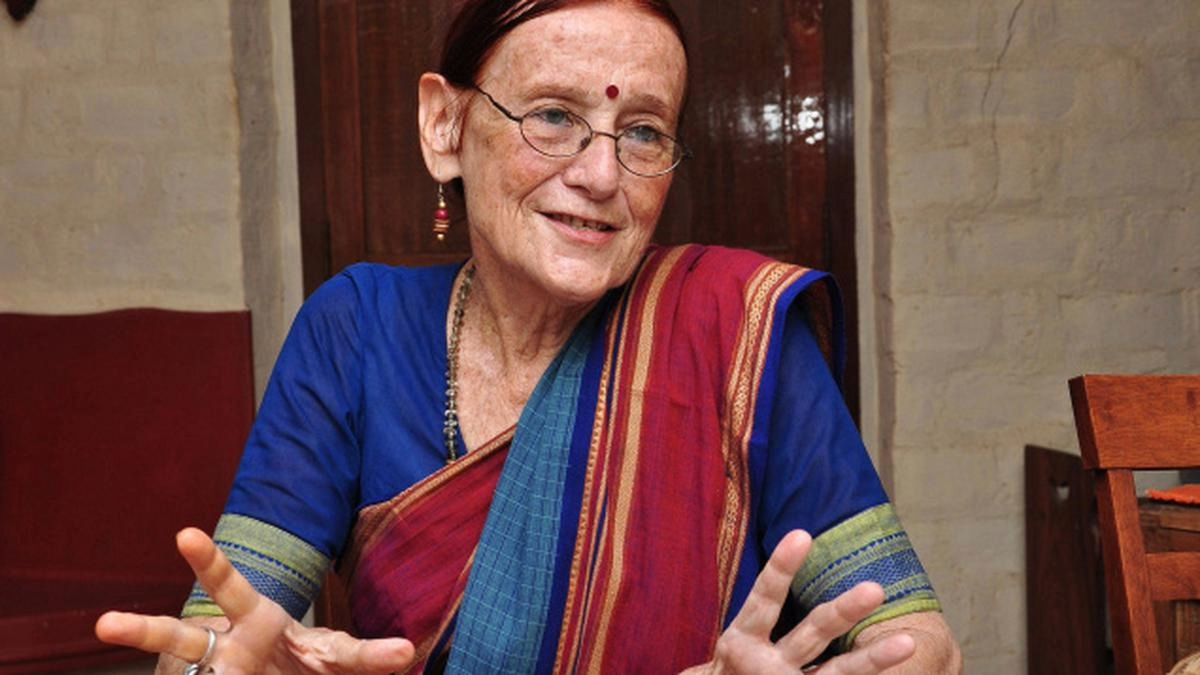
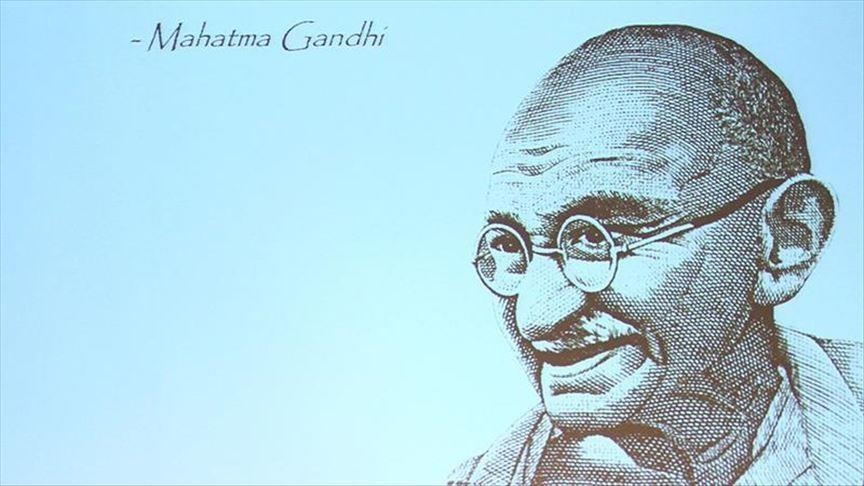
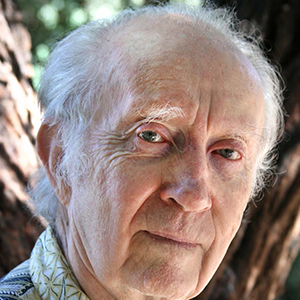
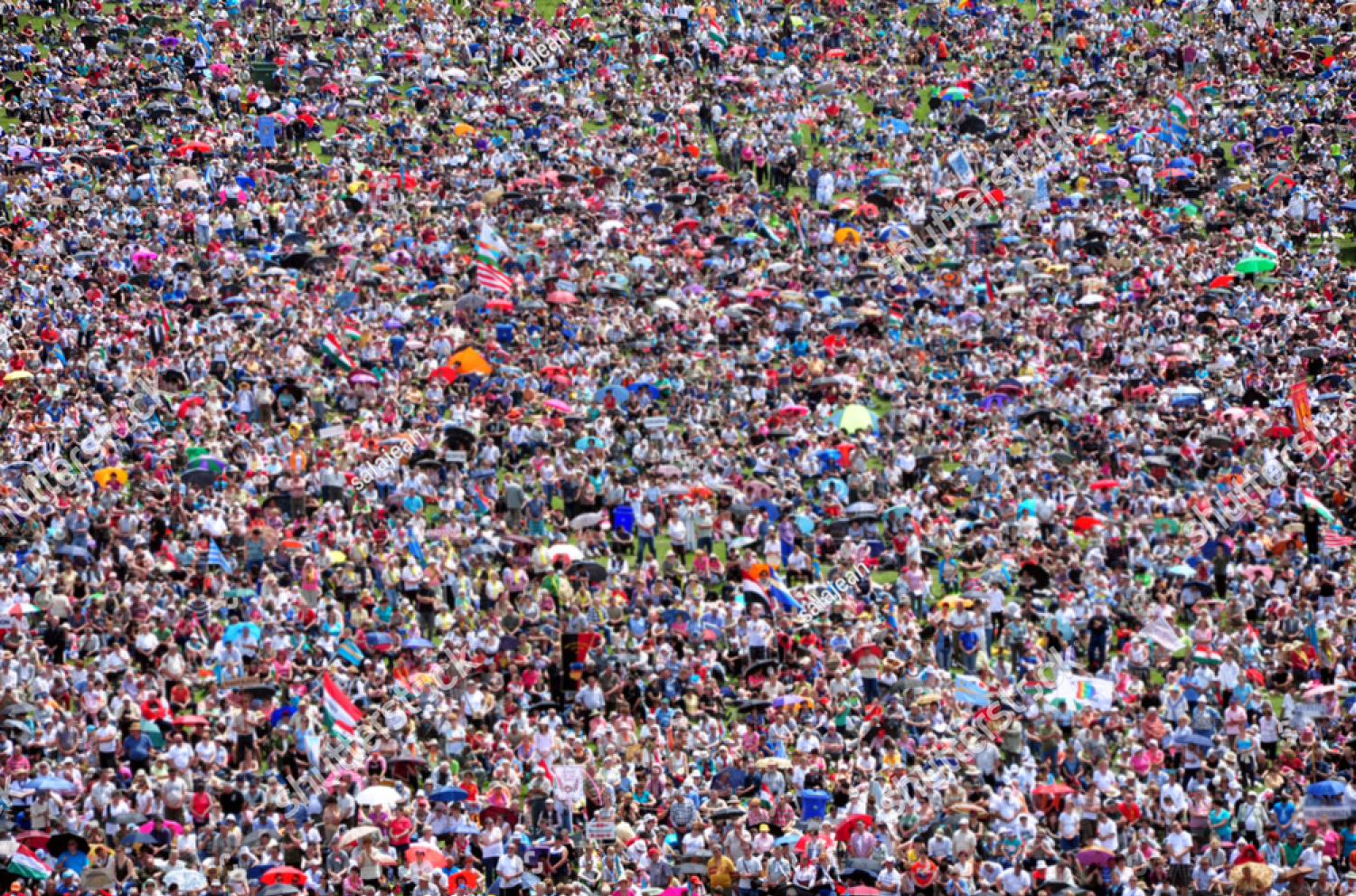
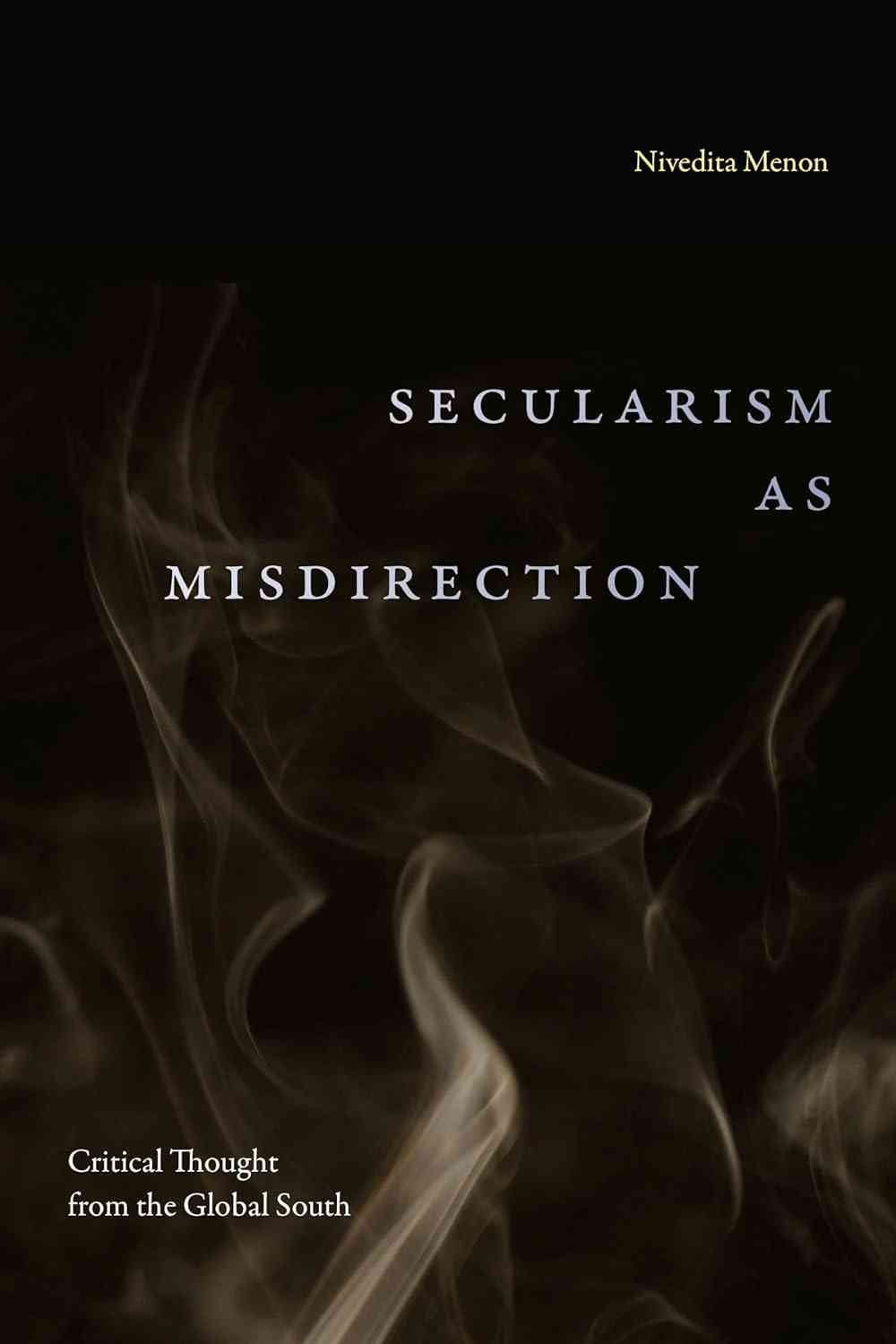
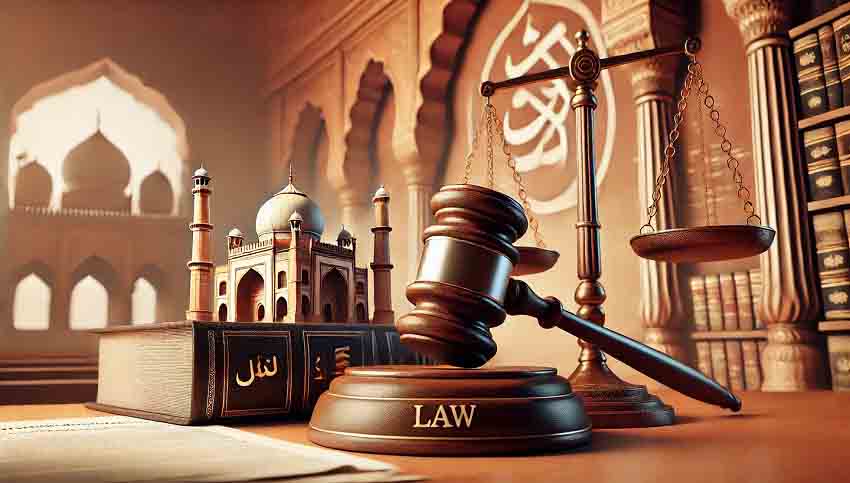
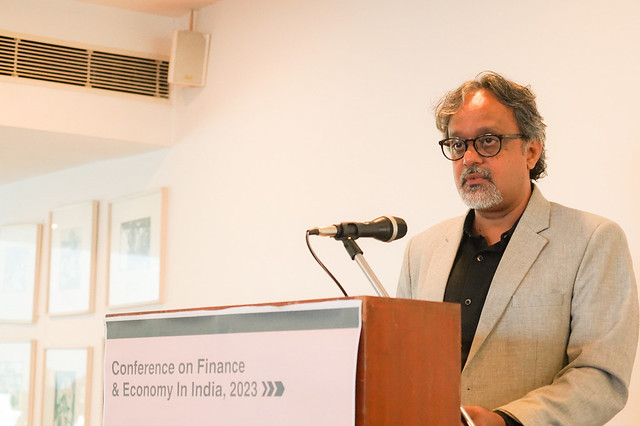

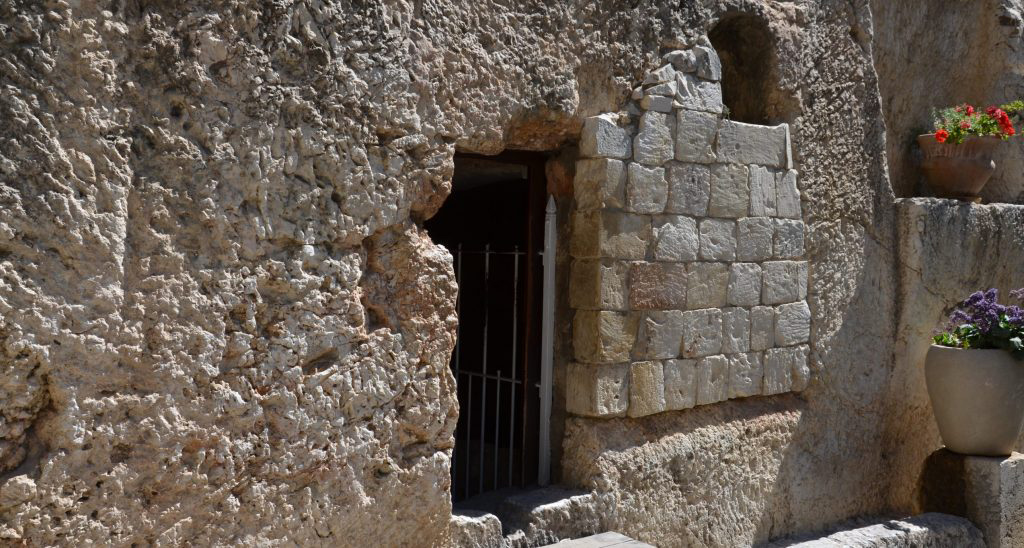
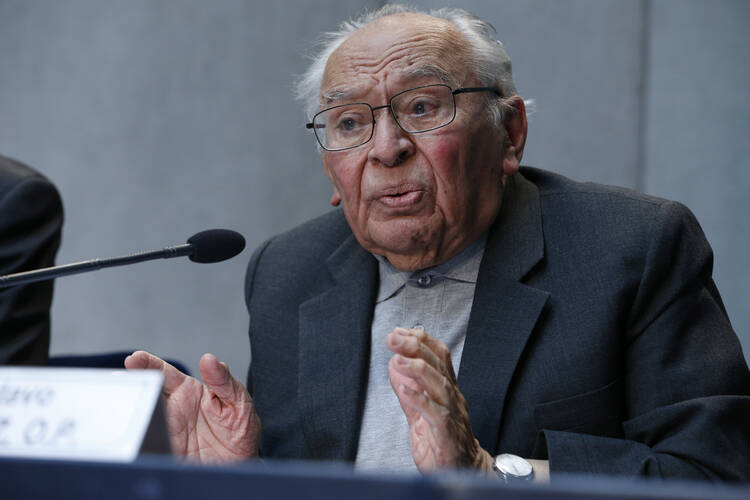
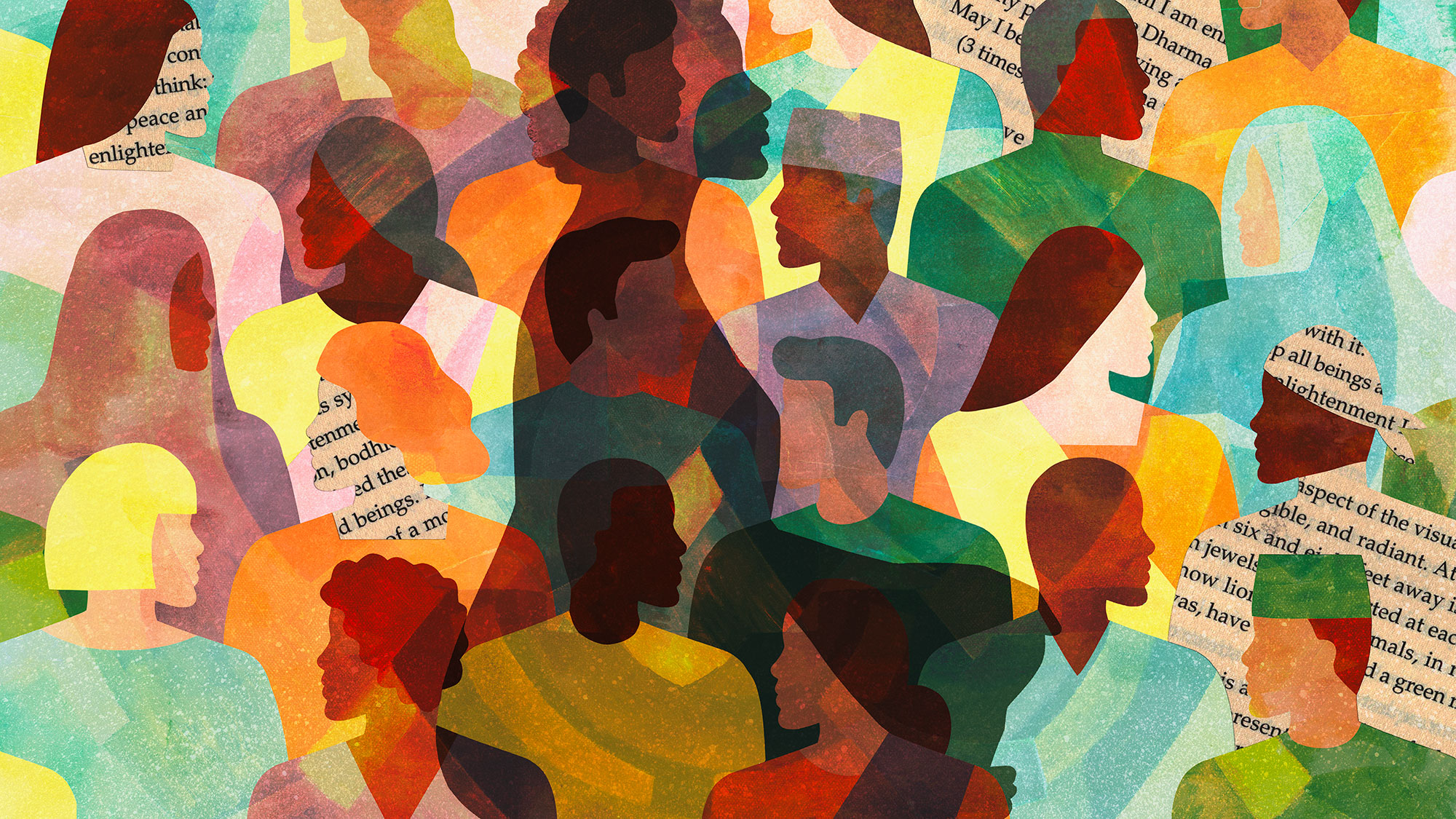
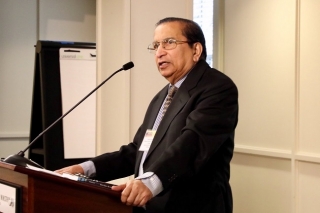
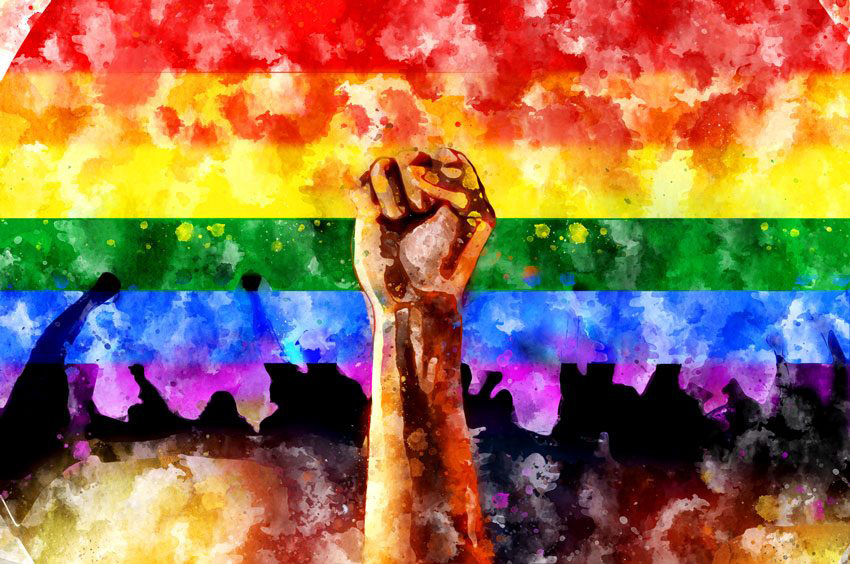
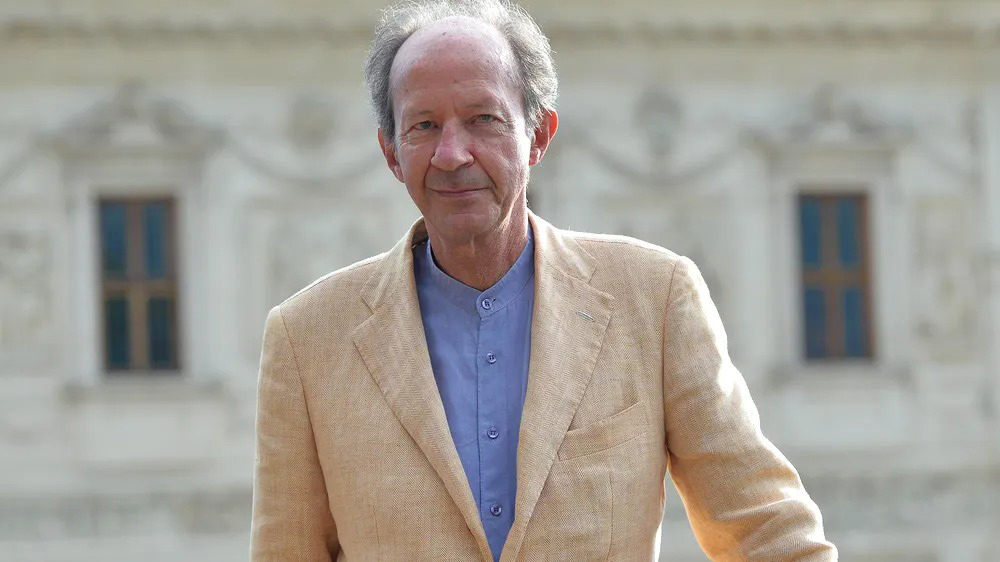
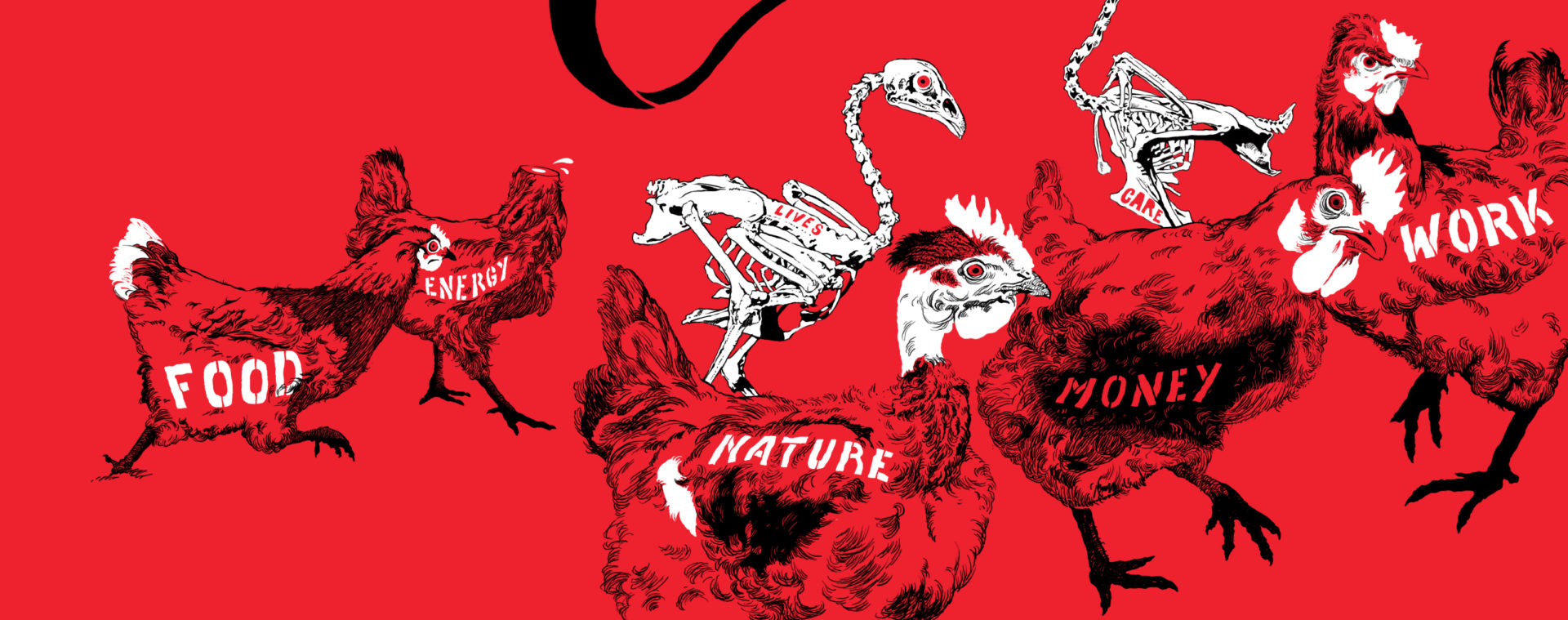
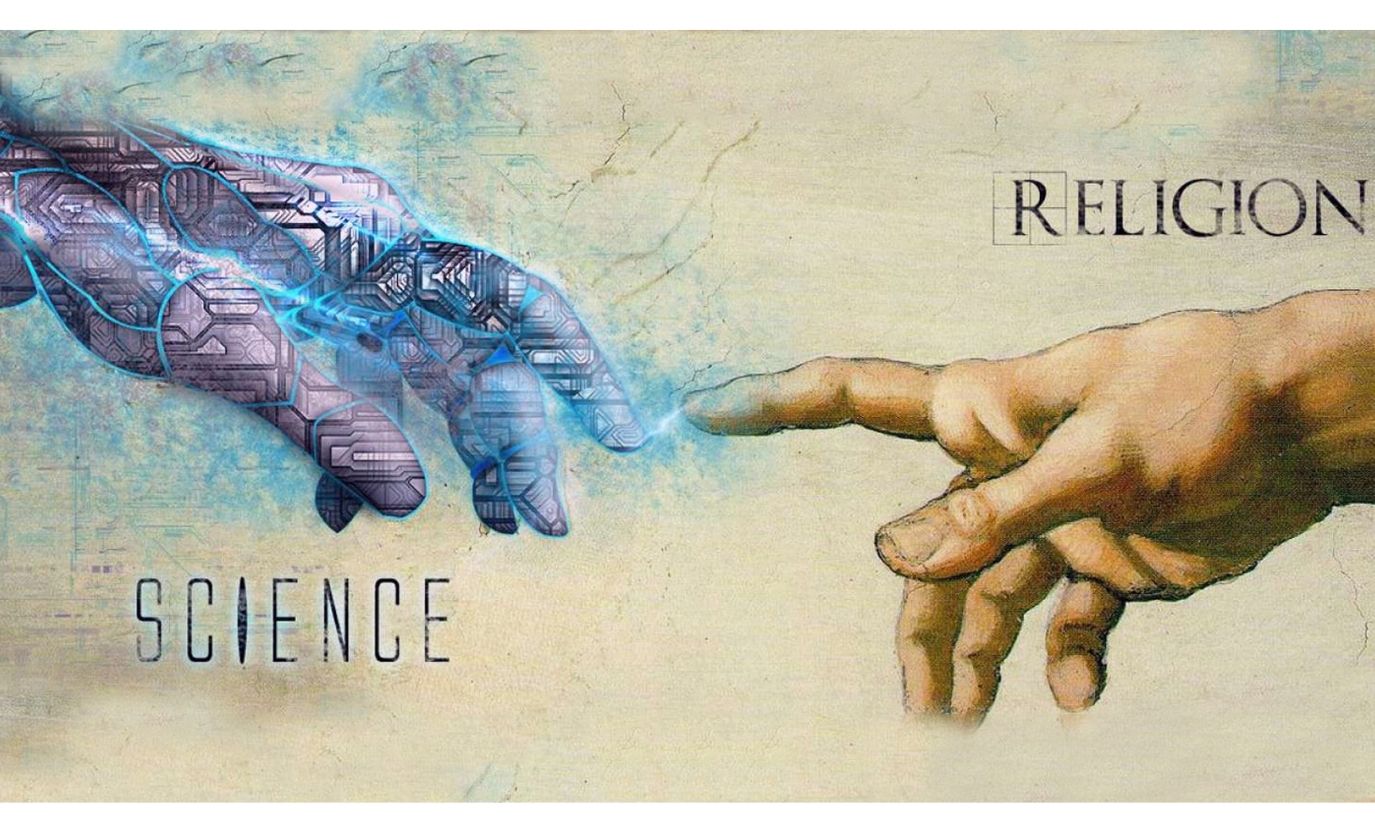
Comments
No Comments